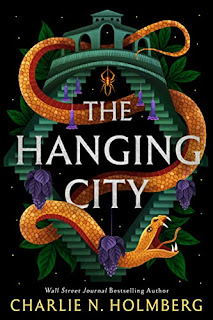No romance but the story of a rebellion - review of "FATE: Story of a Circassian Slave Girl" by Ahmet Ozgunes
 The beginning and the ending are about a slave woman but all in the middle is about political scheming to change the Ottoman state and others try to gain influence for foreign powers. We also see the diverse and multi-religious empire of those days.
The beginning and the ending are about a slave woman but all in the middle is about political scheming to change the Ottoman state and others try to gain influence for foreign powers. We also see the diverse and multi-religious empire of those days. Not an easy read but interesting and a good way to understand more about Turkish nationalism today.
AMAZON:
" Balkans 1876
Fate: Story of a Circassian Slave Girl follows the dark fate of a beautiful Circassian girl sold to the Ottoman Palace by her parents at the end of the 19th Century. The novel is based on a true story told in a village in the Turkish highlands close to the Georgian border. As the peasants danced to the mournful melodies of the accordion and drums, they would sing the story of a Circassian girl named Yellow Star. The strange mixture of joy and sorrow is what makes the story unforgettable.
Yellow Star is sold as a slave to the Ottoman Palace at a time when the Empire is facing its gradual demise. She is inadvertently caught in the power struggles within the Palace as well as without, witnessing the rivalry between Britain and Russia for control over the collapsing empire, and the struggle between the Islamic establishment and Ottoman intelligentsia for shaping the future of the Empire.
The novel draws inspiration from true events that took place in the region at the time, primarily the haunting story of the de Toledo family, which was entirely killed in Salonica during WWII, save one branch of the family that had moved to Constantinople before WWI. The reader will find out more about the Sabetai, jewish converts to islam as part of their following of the cabbalist Sabetai Zsevi; the story of the Greek banker Dimitraki Skanavis Bey and his love affair with a married Ottoman princess; the murderous and suicidal tendencies of Ottoman Sultans and their relatives. All these are true stories assembled by the author, of that fantastic and little explored time in the Balkans."





Comments
Post a Comment